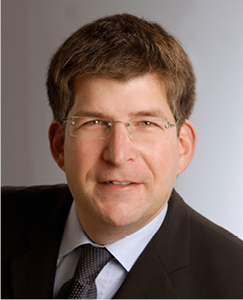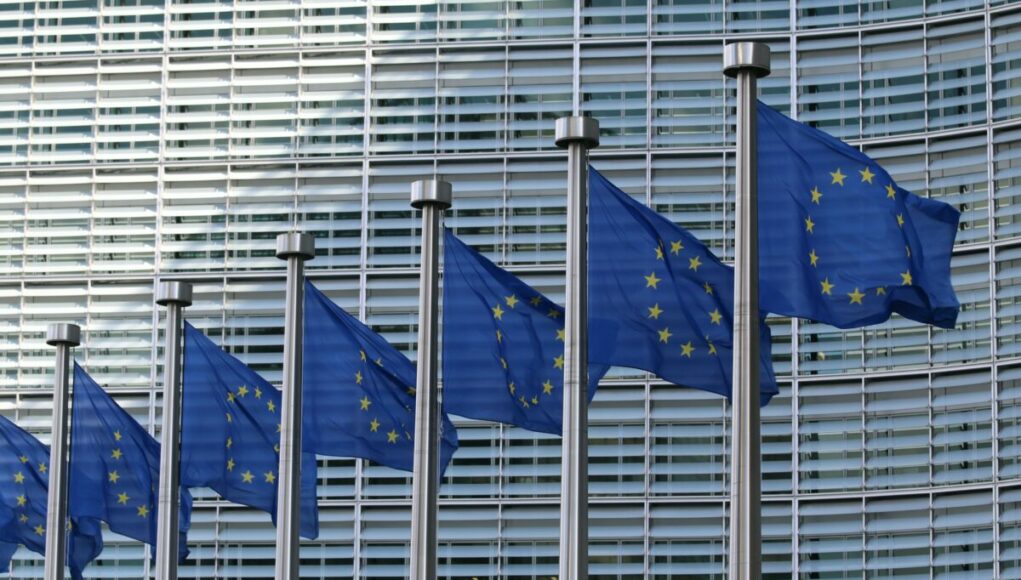
INSIGHT SERIES by Roland Kölsch, Quality Assurance Company for Sustainable investments (QNG), Germany
| New, exciting topics, which become increasingly complex in the course of a development, always mean that society has reached the point of wanting to convey simple messages again. As understandable and media-psychological as this is in a development process to bring a core message (again) to the people, it is all the more necessary to provide for enlightenment in case of a too strong simplification and especially in case of a prayer mill-like repetition of many media of too simplified and then also often wrong messages.
In connection with the current efforts of the EU on Sustainable Finance, for example, there are a number of misleading statements that I would like to discuss in the framework of the article series Myths about the EU.
| Myth #1: The EU defines sustainable investments (published on 21.08.2020)
| Myth #2: The planned EU Ecolabel will identify sustainable investments
In the same context, the planned EU Ecolabel is a voluntary offer with which a product provider can mark “greenness” of his investment. The taxonomy is neither sacrosanct, nor is it the only measure of all things, as it does not claim to fully describe all environmentally sustainable economic activities. Especially in a very dynamic environment where regulation naturally cannot keep up with market progress.
The EU Ecolabel will not become the broad standard for labelling sustainable investments.
The dilemma in which the current plans for the EU Ecolabel find themselves was already foreseeable at the beginning of the first informal talks in spring 2018 and the subsequent official meetings: either it will be a truly green label, in line with product truth and clarity and ensuring “green” recognition. This is particularly important in view of the fact that it should apply to retail products, i.e. it must be quickly and easily recognisable for the consumer (“where it says green, there must be green in it”). But then it is a green niche product and not suitable for high allocation rates. A study commissioned by the EU and carried out by researchers from the University of Kassel, among others, recently has found out exactly that.
Or, alternatively, the desire to achieve a high degree of broad market penetration by creating investment vehicles able to absorb high capital inflows will force it to allow for very balanced risk/return portfolios, with a high degree of softening (risk of “greenwashing” perception) of the originally thematic green criteria as a consequence. This is different when it comes to a general, broad SRI label.
The large Asset Management companies in particular have been working towards a softening from the beginning, presumably with the intention of turning the ECO-Label for financial products into a rather broad SRI label. However, for constitutional reasons alone, this is not possible, since technically it is a matter of extending an already existing EU Ecolabel concept with all its guidelines to financial products and not of starting defining a new set of criteria “on a greenfield site”.
The organisation 2 Degrees Investing Initiative has critically examined many points in its own publication.
In short, the EU will not achieve huge capital flows into the “greening” of the economy with the EU Ecolabel – if it becomes a truly green label – because Asset Managers will then have far too concentrated portfolios with too high idiosyncratic risks and, on top of that, the risk of bubbles in case of successful marketing campaigns and accompanying inflows will become acute.
| But this is not a tragedy, as the EU Ecolabel was not foreseen at first sight for this purpose in the EU Action Plan on Sustainable Finance. Even those responsible for the Ecolabel have been very critical of the idea of extending their label to financial products since the beginning anyway.
On the basis of the 67 very specific Climate change mitigation taxonomy criteria, the door is already open for political steering tools such as subsidies, start-up financing, depreciation or tax reliefs or, for example, recommendations already made by academic government advisors in the course of the gigantic investment volumes made available by the Corona crises and which, as a “greening” consequence of the EU Action Plan, could already exist today, provide for a direct reorientation of capital flows and also generate a direct impact. Thus, exactly what the EU is aiming for.
As far as sustainability as a whole is concerned, and referring to SRI investment styles in general, the EU and its member states are currently working on the so-called target market definition as part of a MiFID-II amendment. Here, national SRI labels, such as the Scandinavian concept nordic swan, the French label ISR, the Austrian Umweltzeichen or the German-speaking markets’ FNG-Label play an important supporting role in quality assurance and orientation in the search for serious and professionally managed sustainable investments. The question of external and independent verification in order to document credibility will virtually impose itself with the obligation of including sustainable investments in the financial advisory process. Some countries have already defined criteria at product level with their supervisory authorities that also focus on SRI labels, either by strongly recommending these labels or by using their criteria as a reference.
In any case, there is no way around an individual SRI-assessment. In the absence of many relevant and, above all, systematic, original and comparable ESG data, this will mostly be of a qualitative nature in the coming years. For this reason, there is unfortunately no automatable or simply quantifiable system in the short term that would enable a numbered indication of the degree of sustainability of an investment like one key figure.
| brief bio
Roland Kölsch, former traditional and SRI fund manager, is the managing director of the Quality assurance company for sustainable investments (QNG), being responsible for the FNG-Label.
He has been working in the field of sustainable investments in Germany and abroad for more than 15 years and currently contributes his expertise also to EU working groups on sustainable finance.
| about
QNG (Qualitätssicherungsgesellschaft Nachhaltiger Geldanlagen mbH) as an FNG subsidiary contributes to the quality assurance of sustainable investments through the certification of financial products, expert opinions and the development of standards and services. It has overall responsibility for the FNG-Label: www.qng-online.de
| All opinions expressed are those of the author. investESG.eu is an independent and neutral platform dedicated to generating debate around ESG investing topics.








